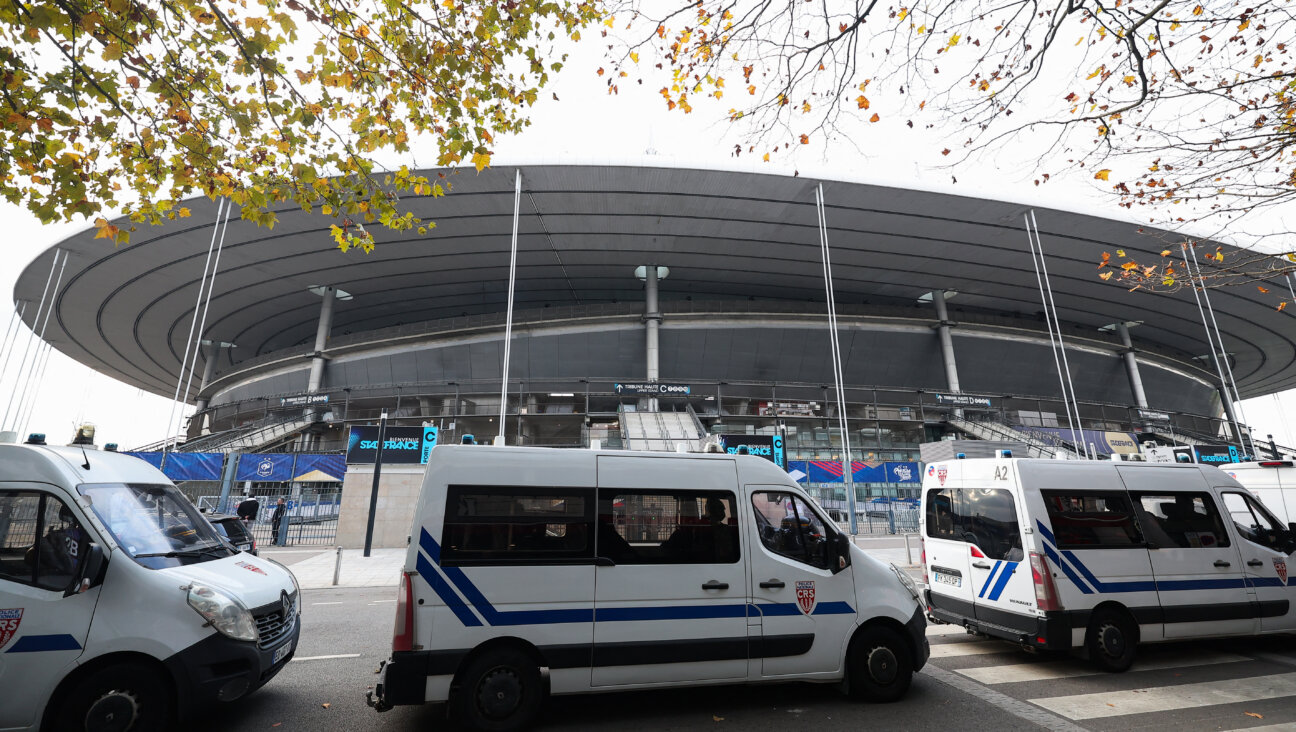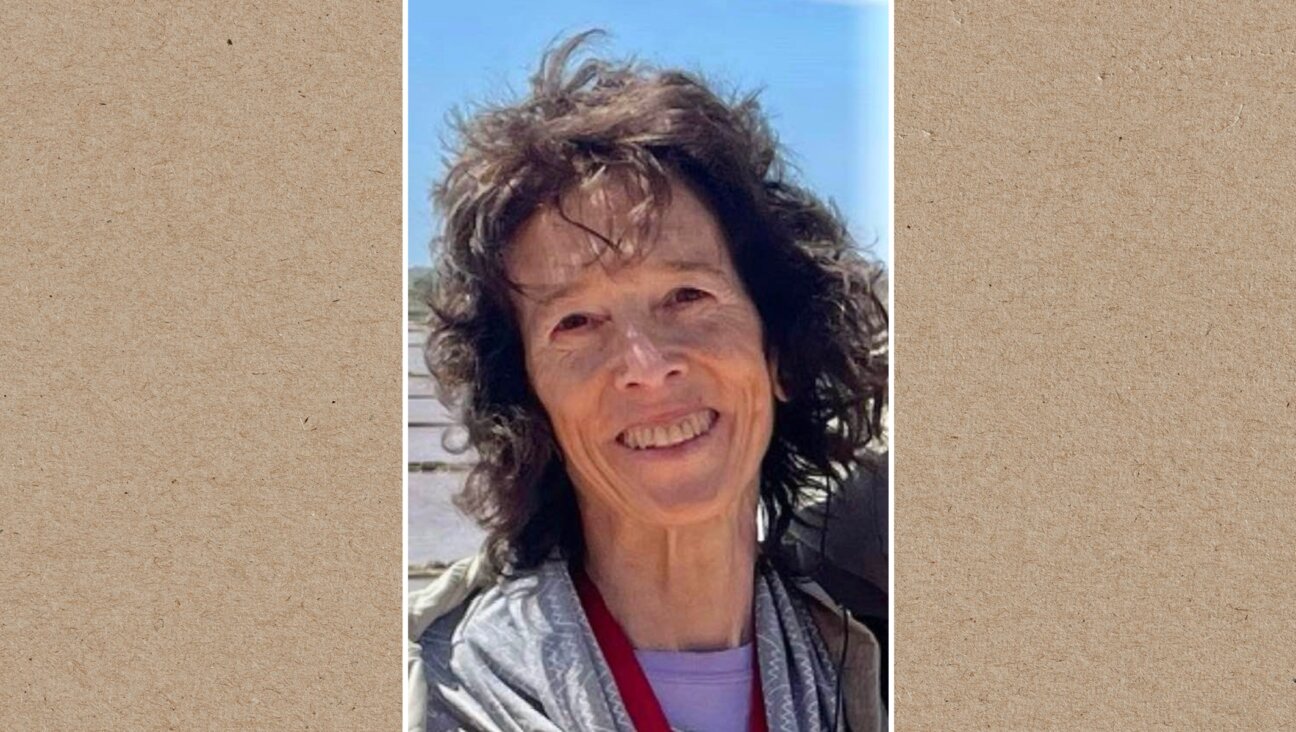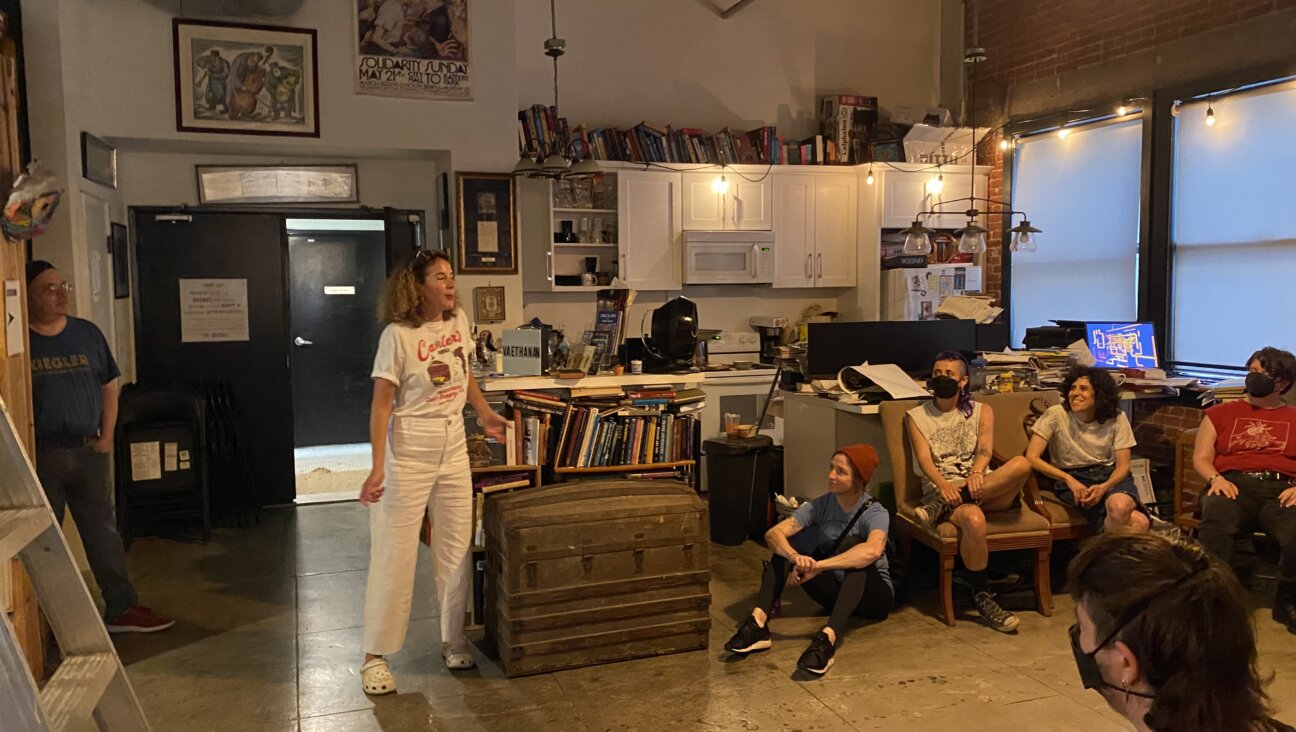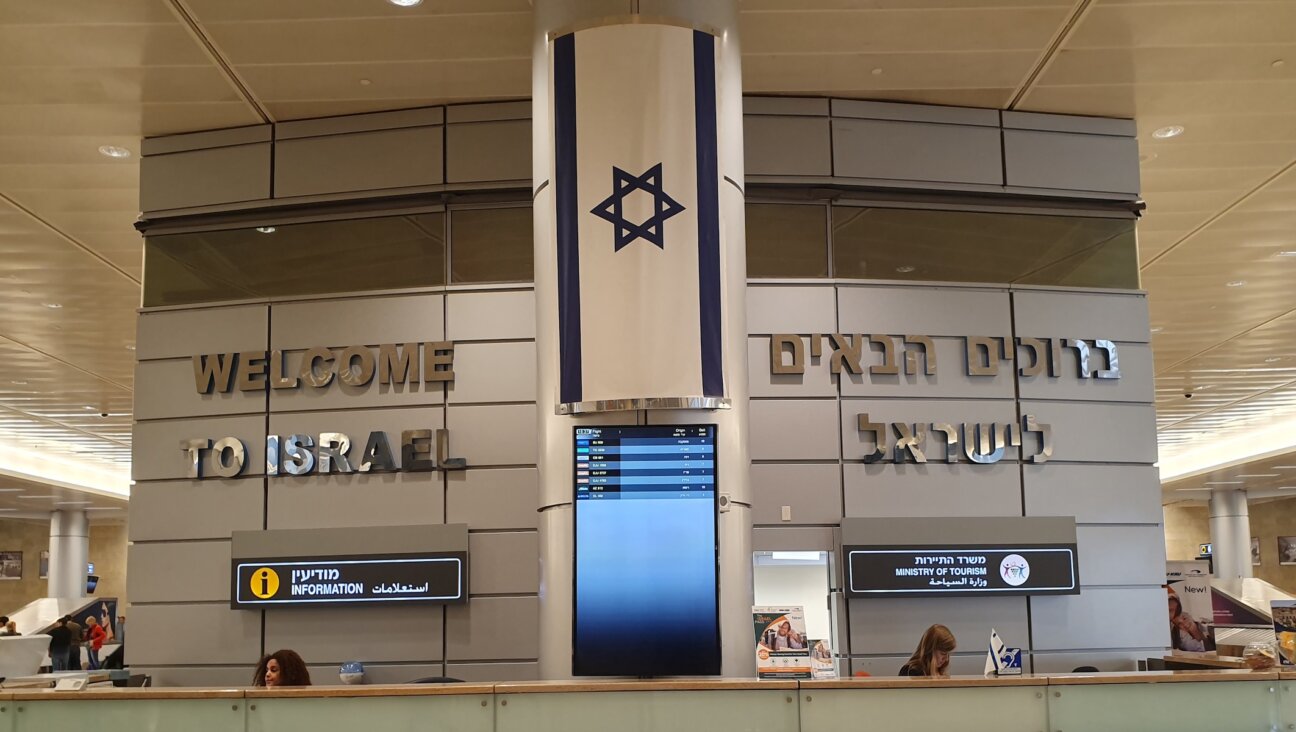Systematic Acts Of Kindness
Perhaps the most moving prayer of the High Holiday services is the Unetaneh Tokef, the prayer in which we recite that on Rosh Hashanah it is inscribed and on Yom Kippur sealed “who shall live and who shall die, who in the fullness of time and who before his time,” who by water and who by fire, who by sword, who by plague and so forth. While we may doubt or even actively reject the reality of such detailed divine intervention, of a personal destiny settled in the prescribed manner, none can doubt this year, if ever we could, the lethal power of water and fire, of sword and plague. The prayer does appear, nonetheless, to offer hope: “U’tshuvah, u’tfillah, u’tz’dakah ma’arivin et ro’a ha’gzerah” — as commonly translated, “and repentance and prayer and charity avert the evil decree.”
Except, as many commentators have noted, that’s really a mistranslation, on several counts. Nothing, it turns out, “averts” the evil decree, nor is it actually an “evil decree” we are talking about. What happens is that the harshness of the decree is transformed. And since the decree is the decree, and water, fire, sword and plague are what they are, we may infer that it is not those for whom death has been decreed who benefit from the transformation but those who survive them.
The transformation is, however, conditional. There are three conditions: There’s repentance — or, alternatively, “return” — there’s prayer, and there is tzedakah, best rendered as “righteousness.” So: If those who remain engage in “returning,” in prayer and in righteousness, the harshness of their loss will, we’re told, be mitigated. Return is the hard one, presumably requiring a return to one’s “original” self, a self that may well have been misplaced if not lost. Prayer, understood as a way of bowing the head and acknowledging that one is part of a vast universe, and an ephemeral part at that, is not much easier. I claim no special expertise at either.
But righteousness? “Righteousness” means much more than doing right. The Hebrew word itself, tzedakah, is closely related to tzedek, or justice; it is quite different from charity, as it is often translated. And it is often coupled with chesed, kindness (or mercy). And that brings me, somewhat circuitously, to where I want to be on this crisp autumn day.
Righteousness without kindness is conceivable, but not especially admirable. It suggests a kind of moral priggishness that is off-putting, a stern by-the-book manner that is the most some people can manage. That’s better by far than random behavior, mercurial, unpredictable response. But if the best you can do is either tzedakah or chesed, better chesed, even when it is sloppy, or smothering, or — that word again — random.
We are instructed by bumper stickers and billboards to “practice random acts of kindness,” and again, that beats anger, indifference, contempt, meanness. But it’s a far cry from kindness as a habit of the heart, as a genuine response to the Other. And it falls short in at least one other respect as well. Kindness by whim may give both donor and recipient a warm feeling, may meet a passing albeit pressing need, but its effect is as wispy as a cirrus cloud, far different from practicing systematic acts of kindness, of devotion to kindness not as whim but as way.
There’s another kind of kindness, the nearsighted kind that elicits a widespread response when we are bombarded with televised reports of disasters. I think of our response to the tsunami and now to Hurricanes Katrina and Rita, and each time I am brought back to a Tuesday afternoon in September of 2001. On the 11th of that month, just hours after the collapse of the Twin Towers, I was doing errands here in Boston, driving about this city known (justifiably) for the rudeness of its drivers.
Yet that afternoon, the courtesy was almost blatant, as if all of us, stunned by what had happened, were determined to demonstrate our humanity — or, if you will, our capacity for kindness. (In Boston, courtesy while driving comes close to being an act of self-sacrificing mercy.) It occurred to me to keep a loose count, to see how long it would be before we reverted to type. Sure enough, about 10 days later we’d by and large resumed our bad habits.
So, too, I fear in the aftermath of the hurricanes. The volunteerism, as beautiful as it was to behold, was almost predicable; it is always that way after gripping tragedies, and not only in America but everywhere. Tragedy focuses us. In the case of Katrina in particular, with the blanket coverage of the buildup to the tragedy, of the tragedy itself, and of its bizarre and miserable aftermath, we were mesmerized into concern and action. Suddenly, the hitherto invisible — the poor of New Orleans especially — came into relentless view. The widespread and entirely appropriate response was shock and shame. But the necessary connections were not made by the broadcasters and correspondents. The logical segue from the experience of seeing the desolate and destitute should have been to change America’s tax policy, specifically the Bush administration’s actions and proposals. But the leap from poignant tragedy to obscure policy is exceedingly difficult, made no easier by the general silence of the journalists and commentators on whom we increasingly depend.
Absent that leap, our kindness will prove a spasm, not a prompt to teshuvah, to a genuine turning. Absent that leap, our kindness remains unlinked to righteousness. Yet the prayers we recite this season point to both. And it is way to early in the year to settle for a compromise.
A message from our CEO & publisher Rachel Fishman Feddersen

I hope you appreciated this article. Before you go, I’d like to ask you to please support the Forward’s award-winning, nonprofit journalism during this critical time.
At a time when other newsrooms are closing or cutting back, the Forward has removed its paywall and invested additional resources to report on the ground from Israel and around the U.S. on the impact of the war, rising antisemitism and polarized discourse.
Readers like you make it all possible. Support our work by becoming a Forward Member and connect with our journalism and your community.
— Rachel Fishman Feddersen, Publisher and CEO























